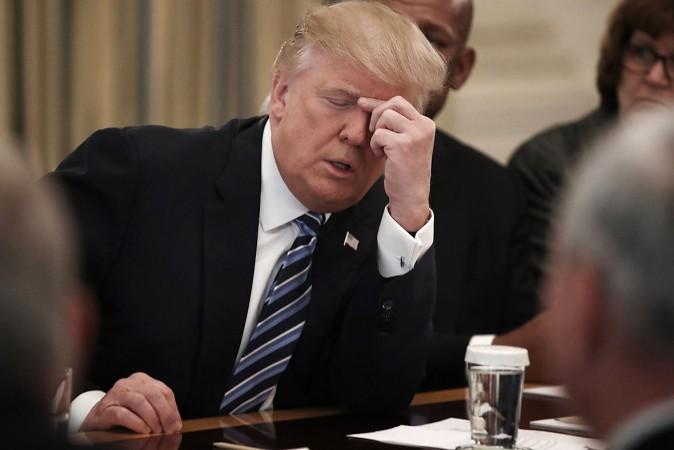
A United States federal judge in Hawaii on Thursday indefinitely extended the order on US President Donald Trump's revised travel ban. The revised ban restricts people from at least six Muslim-majority countries to enter the country.
US District Judge Derrick Watson had blocked the core provision of the revised executive order two weeks ago, stating that the order violates Establishment Clause of the Constitution by disfavouring Muslims.
"The court concludes that, on the record before it, plaintiffs have met their burden of establishing a strong likelihood of success on the merits of their Establishment Clause claim," Watson wrote in his order. The Hawaiian judge's earlier order on the travel ban was only a limited stay through a temporary restraining order.
The president, through his travel order, had placed a 90-day ban on foreign nationals from six Muslim-majority countries from entering the US and a 120-day ban on all the refugees from the listed countries. The six Muslim-majority countries include Iran, Libya, Somalia, Sudan, Syria and Yemen. Iraq was also placed in an earlier ban but the country was removed later in the revised order.
Trump's travel order is now blocked indefinitely unless the lawsuit against the ban is resolved or a higher court changes Watson's order.
Watson, while putting an indefinite stay on the travel ban, argued that Trump's statements about Muslims during his presidential campaign speak to the constitutionality of the controversial executive order.
After the original travel ban was stayed by a Florida federal judge, the Trump administration had issued a revised travel ban on March 6, in an attempt to overcome the legal problems with the first one.
Trump's original travel ban restricted people from seven Muslim-majority countries from entering the United States. Soon after trump signed the ban in February, it caused a worldwide outrage, with many people taking to airports across America to protest the order, which was deemed anti-Muslim. Trump, however, had defended his order stating that the ban was needed for the security of the country.











